
Human magnetism
Like the birds, humans have a built-in compass. How can we keep this sense alive when GPS-enabled devises and navigation software have become so mainstream?

Like the birds, humans have a built-in compass. How can we keep this sense alive when GPS-enabled devises and navigation software have become so mainstream?

Our spiritual traditions have failed to address global crises. Can they still be relevant in these modern times?
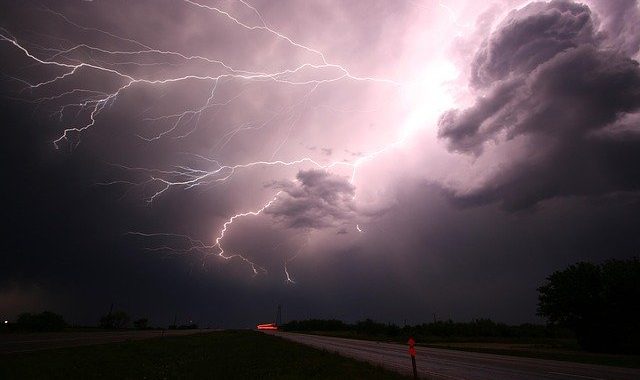
The climate collapse is asking us to look at the world with a different set of eyes. It is asking us to distinguish what is essential and non-essential as we move forward to life in an unpredictable future.
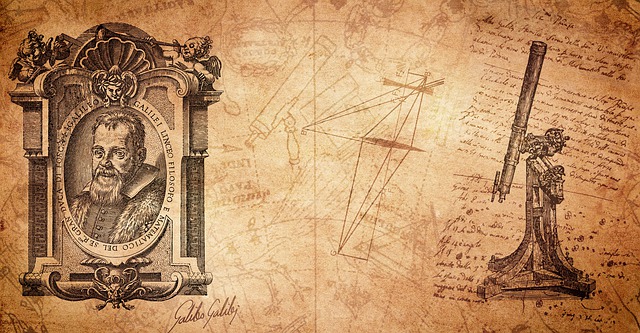
A new science of consciousness is beyond neuroscience. It needs philosophy the acceptance that there are truths that are unobservable.
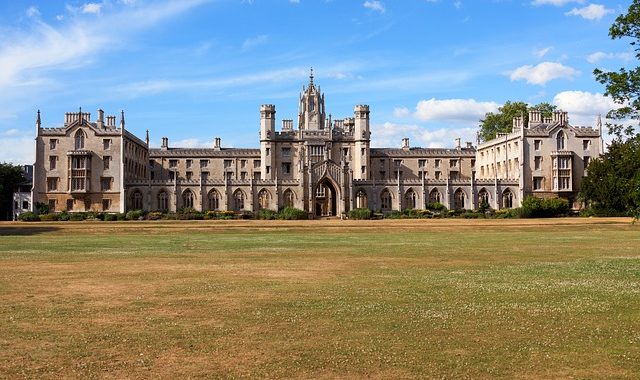
Scientists now accept that the neocortex is not the seat of consciousness. Will this new acceptance lead us to a new understanding of the nature of the human being? Or will this lead to greater materialism in our sciences? The clue lies in the worldview the audience subscribes to.

Quantum physicist Richard Feynman reminds us that ignorance and doubt are valuable in scientific endeavors.
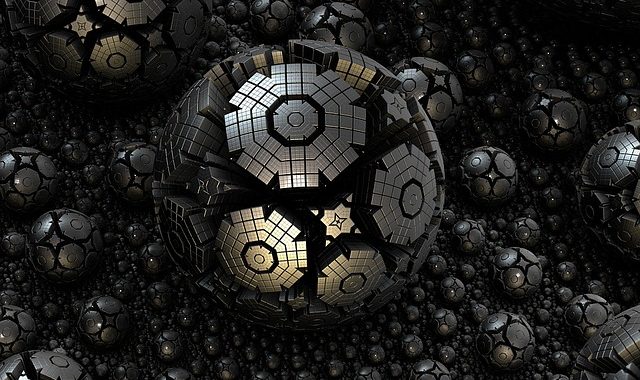
Ilya Progogine’s work is far reaching. It applies, not just in chemistry, but also in the fields of psychology, philosophy, and the neurosciences.
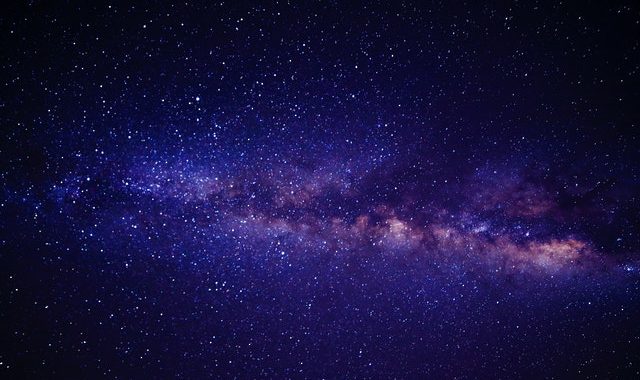
A new world is being birthed, and along with it, a new science and culture of consciousness.

The solution to the world’s problems is not AI, it is us, awakening to our purpose.
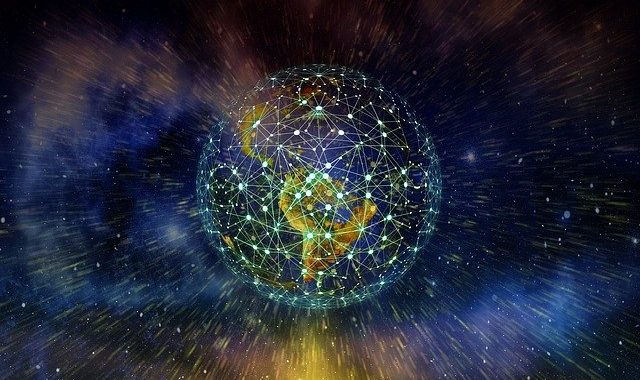
The Global Consciousness Project offers us hope in this seemingly hopeless times.